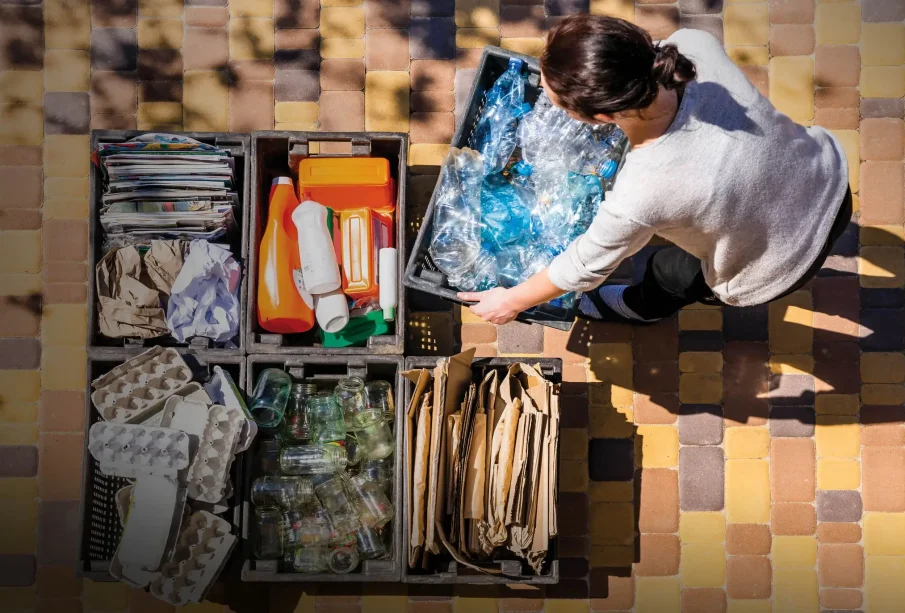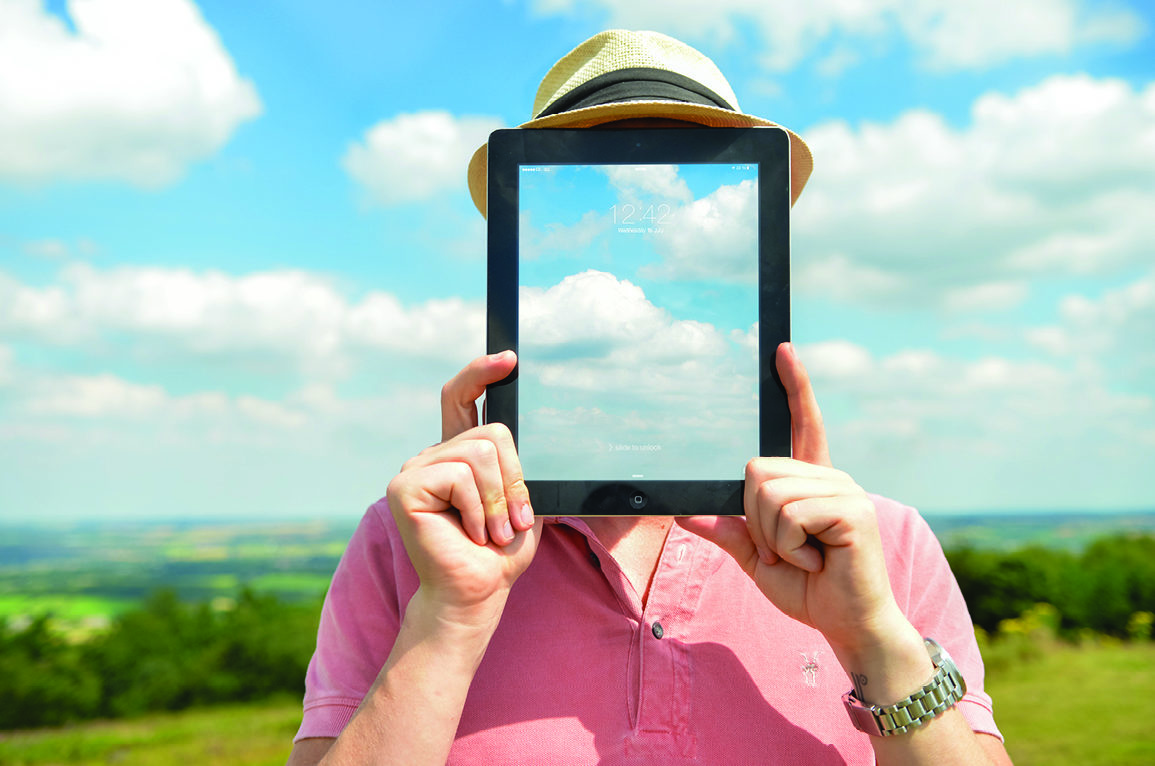Living with Intention: How Modern Lifestyle Choices Are Shaping a New Era of Well-Being

In today’s rapidly changing world, lifestyle is no longer defined by trends, income, or social status. Instead, it has become a reflection of one’s values, habits, and daily choices. People everywhere are rethinking how they live, what they consume, and how they spend their time. This shift is fueled by the desire for balance, purpose, and genuine happiness—things that often get lost in the rush of everyday life.
The modern lifestyle movement isn’t about perfection. It’s about embracing a way of living that feels authentic, sustainable, and aligned with personal well-being. From wellness routines and digital balance to meaningful connections and mindful consumption, today’s lifestyle trends reflect a deeper cultural transformation.
1. The Return to Simplicity
After years of busyness being celebrated as a sign of success, many people are moving toward a simpler, more intentional way of living. This shift is driven by burnout, information overload, and a growing realization that “more” doesn’t always lead to happiness.
Minimalism Beyond Aesthetics
Minimalism is no longer just a clean interior design trend—it has become a lifestyle philosophy. People are decluttering their homes, reducing digital noise, and saying no to commitments that don’t add value.
Modern minimalism encourages:
-
Owning fewer but higher-quality items
-
Reducing mental clutter
-
Focusing on experiences instead of things
-
Creating space for hobbies, relationships, and rest
This simplified approach allows individuals to spend their time and energy on what truly matters.
2. Wellness as a Daily Practice, Not a Trend
Wellness has expanded far beyond diet and exercise. Today, the lifestyle of well-being integrates mental, emotional, physical, and social health.
Mental and Emotional Wellnesstan
People are becoming more aware of the need to protect their mental space. Practices like meditation, journaling, breathwork, and therapy are now embraced widely.
There is also a growing emphasis on:
-
Setting healthy boundaries
-
Prioritizing rest and sleep
-
Managing stress proactively
-
Practicing gratitude
This holistic view recognizes that emotional stability is just as important as physical fitness.

Physical Health and Movement
Lifestyle habits now prioritize movement over rigid workout routines. Instead of pushing for extreme physical goals, many people focus on enjoyable activities that promote long-term health.
Popular choices include:
-
Yoga and pilates
-
Outdoor walks and hikes
-
Cycling
-
Functional fitness and strength training
-
Low-impact at-home workouts
Nutrition has also shifted to emphasize whole foods, mindful eating, and sustainability.
3. Digital Balance in an Always-Online World
Technology has made life incredibly convenient—but it has also increased stress, distraction, and dependence. As a result, digital balance has become a major focus in modern lifestyles.
Reclaiming Time from Screens
People are now setting limits to prevent digital burnout:
-
Screen-free evenings
-
Social media detox periods
-
Turning off non-essential notifications
-
Creating “offline rituals,” like reading or cooking
This intentional approach once again places value on real-life experiences and meaningful interactions.
Mindful Social Media Use
Rather than abandoning platforms, people are curating their digital environments:
-
Following creators who inspire or educate
-
Unfollowing accounts that trigger comparison or negativity
-
Engaging in digital communities that align with personal interests
The goal is not to disconnect from technology, but to use it in a healthier, more meaningful way.
4. The Sustainability Movement as a Lifestyle Choice
Sustainable living has transitioned from an environmental concern to a personal lifestyle commitment. More people want their choices to reflect their values and positively impact the world.
Eco-Friendly Daily Habits
Individuals are adopting habits such as:
-
Reducing waste
-
Choosing reusable products
-
Supporting local businesses
-
Conserving energy and water
-
Choosing eco-conscious transportation options
Even small adjustments—like carrying a reusable bottle or shopping second-hand—help build a more sustainable lifestyle over time.
Conscious Consumerism
Shoppers now gravitate toward brands that offer:
-
Ethical production
-
Transparent sourcing
-
Long-lasting materials
-
Environmentally safe packaging
This mindset shift values longevity and purpose over quick consumption.
5. The Home as a Personal Sanctuary
With more time spent at home—whether through remote work, personal preference, or lifestyle design—the home has become a central part of wellness.
Creating a Calming Environment
People are investing in environments that support peace and clarity:
-
Soft colors and warm lighting
-
Clutter-free spaces
-
Houseplants for air purity and relaxation
-
Multi-purpose areas for work, rest, and creativity
A comfortable home environment reduces stress and increases productivity, helping people feel grounded.
Rise of Home-Based Hobbies
Lifestyle routines now frequently include:
-
Cooking and baking
-
Gardening
-
DIY décor
-
Reading
-
Creative arts like painting or crafting
These hobbies provide emotional nourishment and offer a break from digital stimulation.
6. Work-Life Harmony: Redefining Success
Success is no longer defined solely by professional achievements. People today want balance, flexibility, and meaningful work.
The New Career Path
Remote and hybrid work have encouraged individuals to rethink career goals. Many now prioritize:
-
Flexible schedules
-
Purpose-driven work
-
Healthy workplace culture
-
Time for life outside of work
This shift has led some to pursue freelancing, entrepreneurship, or creative careers that allow for personal fulfillment.
Daily Routines That Support Balance
Modern lifestyles emphasize consistency and healthy routines, including:
-
Morning rituals to set a positive tone
-
Midday breaks for movement
-
Evening wind-down habits
-
Time for social connection
These practices help prevent burnout and create a balanced rhythm throughout the day.
7. Human Connection and Community Come First
Despite the rise of digital living, human connection remains essential. People are prioritizing community, relationships, and shared experiences.
Deep, Meaningful Relationships
Modern lifestyles encourage quality over quantity. People value:
-
Supportive friendships
-
Healthy family relationships
-
Emotionally safe environments
-
Authentic conversations
These relationships are key contributors to happiness and long-term mental health.
Community Participation
More individuals are joining:
-
Fitness groups
-
Book clubs
-
Volunteering efforts
-
Cultural and social events
-
Local workshops
Community involvement fulfills the human need for belonging.

Conclusion: A Lifestyle Centered on What Truly Matters
Modern lifestyle choices reflect a powerful shift in priorities. People are choosing intentional living, sustainable habits, emotional well-being, simplicity, and meaningful connection. Instead of chasing perfection, individuals are crafting lives that feel authentic, balanced, and joy-filled.
This new era of lifestyle isn’t about following trends—it’s about discovering what brings genuine fulfillment and designing a life that supports it. As the world continues to evolve, one thing remains clear: the most valuable lifestyle is one that aligns with who you are and the life you want to create.
























